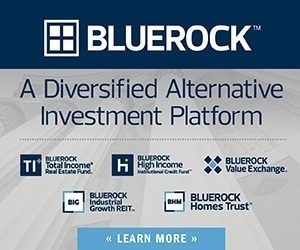Tax Bills Doom Tax-Free 1031 Exchanges Of Cryptocurrency
November 27, 2017 | Robert W. Wood | Forbes

Whether you can make a tax-free swap of cryptocurrency is controversial. A 1031 exchange is a swap of one business or investment asset for another. Under the tax code, most swaps are taxable as sales. That’s why the IRS says bartering is taxable to both sides, whether for goods or services. Section 1031 is an exception to the rule that swaps are generally fully taxable. If you can manage to come within 1031, you can change the form of your investment without (as the IRS sees it) cashing out or recognizing income. But can you swap one cryptocurrency for another, or for other property?
The IRS says cryptocurrency is property not currency, so you might think you could qualify. But whether 1031 applies to cryptocurrency is debatable. Some tax advisers say no, while others offer more positive views, that in some cases 1031 can apply, provided that you are careful. But this debate may not be relevant much longer. Both the House tax bill and the Senate tax bill propose to restrict 1031 exchanges to real estate. The real estate industry is breathing a sigh of relief that 1031 exchanges are being kept for them.
Most exchanges must merely be of “like-kind.” Surprisingly, you can exchange an apartment building for raw land, or a ranch for a strip mall. Classically, an exchange involves a simple swap of one property for another between two people. But the odds of finding someone with the exact property you want who wants the exact property you have are slim. For that reason, the vast majority of exchanges are delayed or “Starker” exchanges (named for the tax case that allowed them). In a delayed exchange, you need a middleman who holds the cash after you “sell” your property and uses it to “buy” the replacement property for you.











